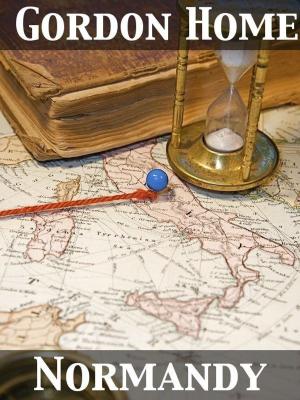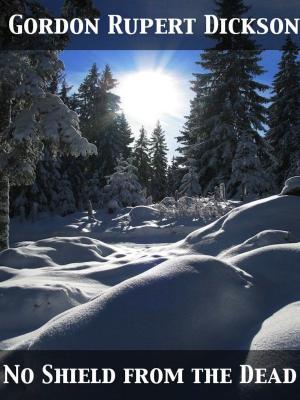Personal Memoirs of P. H. Sheridan, General, United States Army — Volume 2
Nonfiction, History, Americas, United States, Civil War Period (1850-1877)| Author: | Philip Henry Sheridan | ISBN: | 9782819942238 |
| Publisher: | Release Date: November 27, 2011 | Publication: | November 27, 2011 |
| Imprint: | pubOne.info | Language: | English |
| Author: | Philip Henry Sheridan |
| ISBN: | 9782819942238 |
| Publisher: | Release Date: November 27, 2011 |
| Publication: | November 27, 2011 |
| Imprint: | pubOne.info |
| Language: | English |
While occupying the ground between Clifton and Berryville, referred to in the last chapter of the preceding volume, I felt the need of an efficient body of scouts to collect information regarding the enemy, for the defective intelligence-establishment with which I started out from Harper's Ferry early in August had not proved satisfactory. I therefore began to organize my scouts on a system which I hoped would give better results than bad the method hitherto pursued in the department, which was to employ on this service doubtful citizens and Confederate deserters. If these should turn out untrustworthy, the mischief they might do us gave me grave apprehension, and I finally concluded that those of our own soldiers who should volunteer for the delicate and hazardous duty would be the most valuable material, and decided that they should have a battalion organization and be commanded by an officer, Major H. K. Young, of the First Rhode Island Infantry. These men were disguised in Confederate uniforms whenever necessary, were paid from the Secret-Service Fund in proportion to the value of the intelligence they furnished, which often stood us in good stead in checking the forays of Gilmore, Mosby, and other irregulars
While occupying the ground between Clifton and Berryville, referred to in the last chapter of the preceding volume, I felt the need of an efficient body of scouts to collect information regarding the enemy, for the defective intelligence-establishment with which I started out from Harper's Ferry early in August had not proved satisfactory. I therefore began to organize my scouts on a system which I hoped would give better results than bad the method hitherto pursued in the department, which was to employ on this service doubtful citizens and Confederate deserters. If these should turn out untrustworthy, the mischief they might do us gave me grave apprehension, and I finally concluded that those of our own soldiers who should volunteer for the delicate and hazardous duty would be the most valuable material, and decided that they should have a battalion organization and be commanded by an officer, Major H. K. Young, of the First Rhode Island Infantry. These men were disguised in Confederate uniforms whenever necessary, were paid from the Secret-Service Fund in proportion to the value of the intelligence they furnished, which often stood us in good stead in checking the forays of Gilmore, Mosby, and other irregulars















